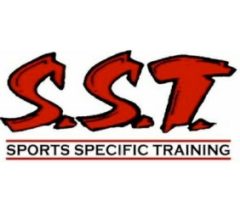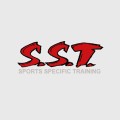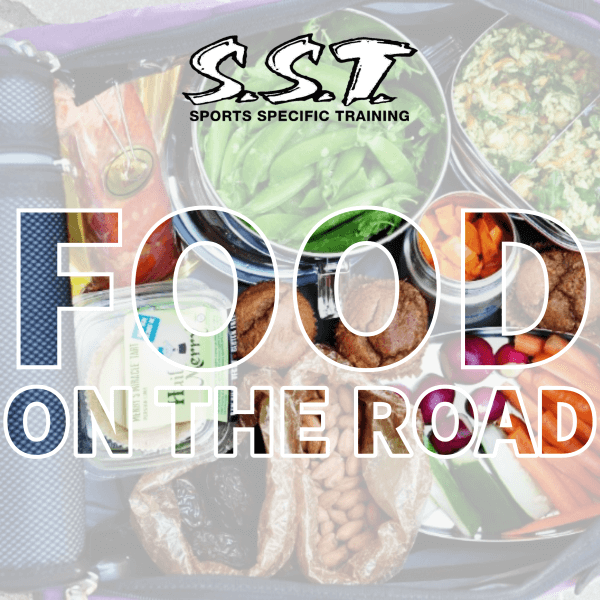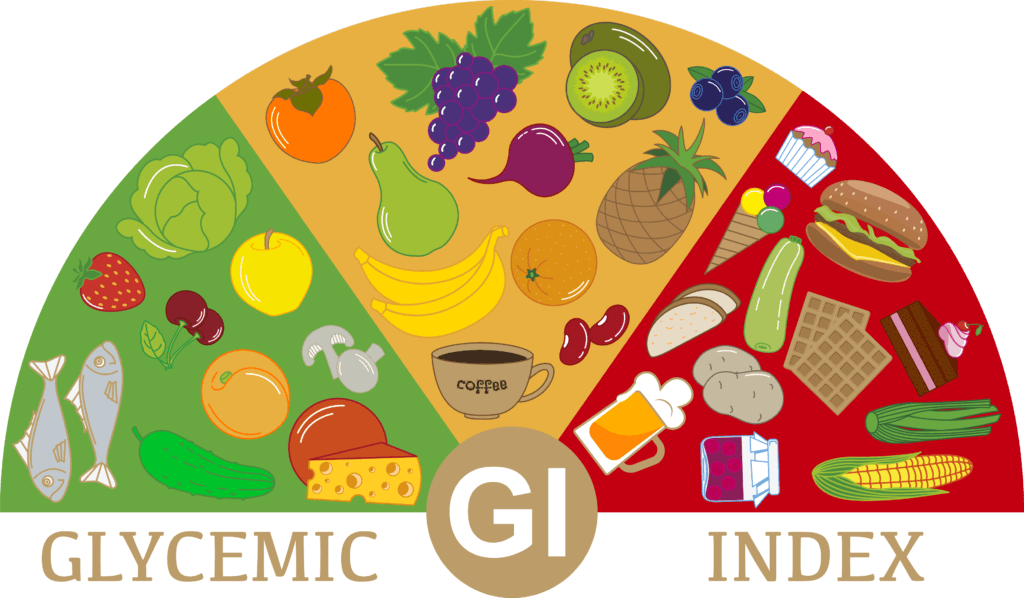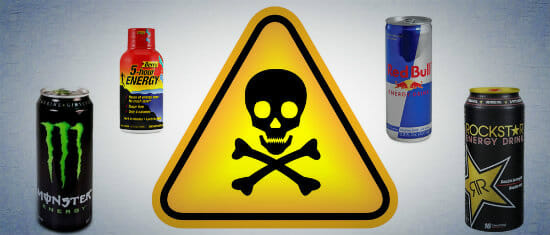With busy schedules of work, school, kids, training, housework – the list can go on and on – pantry staples can be a great time saver in preparing your meals, avoiding the drive-thru and keeping your nutrition on track. However, there are many everyday staples in your pantry that are doing more harm than good and need to be thrown out immediately!
 Having healthy, nutrient dense pantry staples on hand will help keep you full longer, aid in lean muscle growth, increase your energy and help the waist line shrink!
Having healthy, nutrient dense pantry staples on hand will help keep you full longer, aid in lean muscle growth, increase your energy and help the waist line shrink!
Read on to find out what time saving staple need to be kicked to the curb and what you can replace them with!
1. READY-TO-EAT BREAKFAST CEREAL
These are the first thing that need to hit the trash bin!! This staple is quick, easy, LOADED with sugar and not much else. It is easy to be fooled by labels boasting about ‘added vitamins’, and pictures of whole almonds, oats, grains, mountain scenery… But even those cereals marketed as ‘healthy’ are usually loaded with sugar and refined carbohydrates and they lack sufficient fiber, protein, and healthy fats to help keep you energized and full for the start of your day. Because of this you are more likely to have a crash in blood sugar levels mid-morning causing more sugar cravings and having you reaching for snacks that contain more sugar and doing so earlier in the day then you should be.
What to Keep On-hand Instead? – Oatmeal
Were not talking to Quacker packets loaded with sugar. Stock your pantry with plain oats (steel cut are even better) that can be made on the stove top. They only take a couple minutes to prepare and you can customize them with all your favourites – almonds, cashew butter, fruits, seeds, flax-seed, organic honey, dark chocolate shavings – the possibilities are endless and delicious!
2. WHITE RICE
White rice is about as void of nutrients as a product can get. The heavy processing the rice goes through strips rice of almost all vitamins, minerals, fibre and antioxidants. Along with that white rice is a refined carbohydrate meaning it is digested and absorbed by the body quickly, causing spikes in blood sugar levels which in turn forces your body to process the sugar quickly and leads to fat conversion and storage.
What to Keep On-hand Instead? – Red, Black or Wild Rice
These whole grain rice options may cost an extra buck or two but they are worth the splurge! Whole grain rices have vitamins, minerals, fiber, and are digested at a much slower rates. Allowing your body to properly pro cess the carbohydrates and using them as fuel instead of converting them for fat storage. These options will also keep your blood sugar levels more stable leading to less cravings and the extra fiber will help keep you feeling full longer.
cess the carbohydrates and using them as fuel instead of converting them for fat storage. These options will also keep your blood sugar levels more stable leading to less cravings and the extra fiber will help keep you feeling full longer.
If you liked this post make sure to check back in a few days for Part 2!
If you have any questions or comments about this post make sure to ask in our comments section or email SST Mississauga’s Lead Strength Coach, Courtney ( cplewes@sstcanada.com ).
